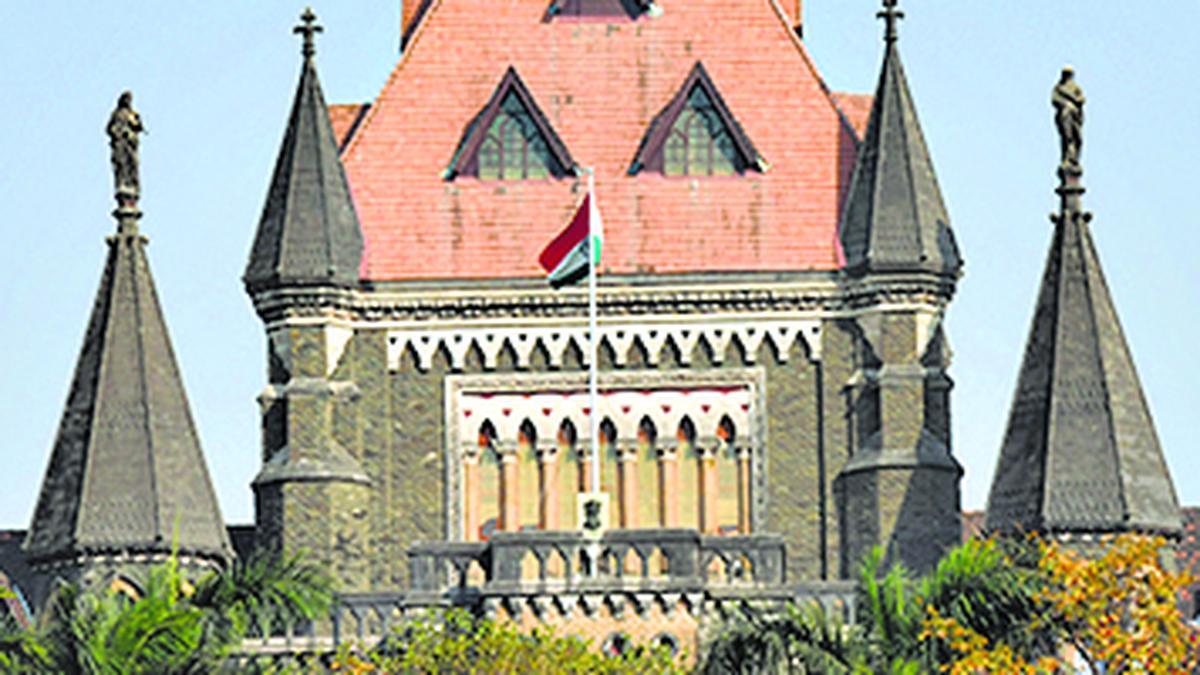If you live in a city like Delhi, Los Angeles, Mumbai, Beijing, or even New York on a bad day—you’re probably inhaling more than just oxygen. Think smog, soot, nitrogen dioxide, PM2.5 particles, car exhaust, and even invisible toxins from factories and construction dust. It’s not a vibe. And if you’ve ever coughed after a walk, felt your chest tighten post-traffic jam, or caught yourself wheezing during a morning run, you’re not alone.We’re not about to suggest moving to the mountains and raising goats (although, tempting). But what you can do is give your lungs a bit of extra support from the inside. That’s where supplements come in. While they’re not magic pills, certain vitamins, minerals, and herbal extracts can boost lung health, protect against oxidative stress, and reduce inflammation caused by pollution.Here’s a closer look at the top supplements that are especially helpful if your zip code = toxic air.
Vitamin C: Not just for colds
Yes, vitamin C helps your immune system, but it’s also a rockstar antioxidant that scavenges free radicals caused by polluted air. Research shows people exposed to high levels of pollution tend to have lower levels of vitamin C in their blood. Vitamin C strengthens lung tissue, reduces inflammation, and helps your body fight off respiratory infections—which are way more common in smoggy environments. Tip: Pair it with vitamin E for extra antioxidant armor.
Omega-3 fatty acids: The inflammation fighters
Found in fish oil or algae supplements, omega-3s help reduce inflammation in the lungs. That means less swelling in your bronchial tubes, easier breathing, and possibly fewer asthma flare-ups. Air pollutants trigger inflammatory responses in your lungs. Omega-3s help calm that storm and protect the delicate lining of your airways. They’re good for your heart and brain too.
Magnesium: For that smooth breathing flow
Magnesium is crucial for muscle relaxation—including the muscles around your bronchial tubes. Some studies show that people with low magnesium levels are more prone to asthma, wheezing, and reduced lung function. Magnesium may help relax airways, reduce spasms, and make breathing easier, especially in polluted environments where irritants can cause the opposite effect.
Quercetin: The underrated plant hero
Quercetin is a flavonoid found in apples, onions, and berries. As a supplement, it acts as a powerful antioxidant and natural antihistamine. It reduces histamine release (hello, fewer allergies!) and tones down inflammation in lung tissue. A few small studies even show that quercetin may improve lung function and ease symptoms in people with chronic lung conditions.
Vitamin D: The immunity anchor
This one’s a no-brainer, especially after COVID taught us how important vitamin D is for respiratory health. But people living in polluted cities often avoid the sun—and guess what, that means vitamin D deficiency. Low vitamin D is linked to increased respiratory infections and poor lung function. Supplementing can improve immune defense in the respiratory tract.Supplements aren’t a replacement for lifestyle changes. If you’re still smoking, skipping exercise, or never cracking open a window, even the best supplement won’t do much. Also, always talk to a doctor before adding anything new to your routine—especially if you have underlying conditions or are on medications.
Other tips to help your lungs in the city:
- Use indoor air purifiers with HEPA filters
- Keep houseplants like peace lily, snake plant, or spider plant—they naturally filter indoor air
- Stay hydrated—it helps thin out mucus
- Try steam inhalation with eucalyptus oil on high-pollution days
- Wear an N95 mask when the AQI spikes
Living in a polluted city doesn’t mean you’re doomed to have sad lungs forever. Your body is resilient—but it needs help. Supplements like omega-3s, vitamin C, and magnesium can give your lungs the backup they deserve, especially when the air outside isn’t exactly clean and crisp.






